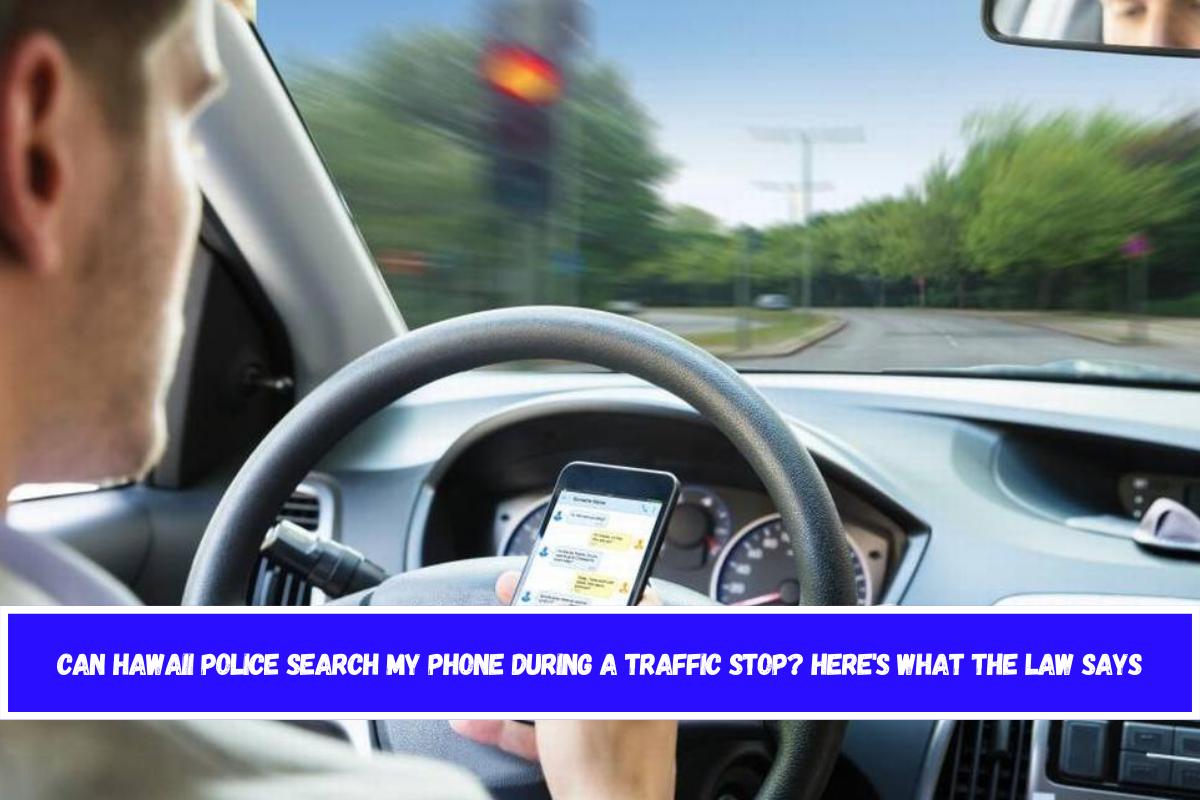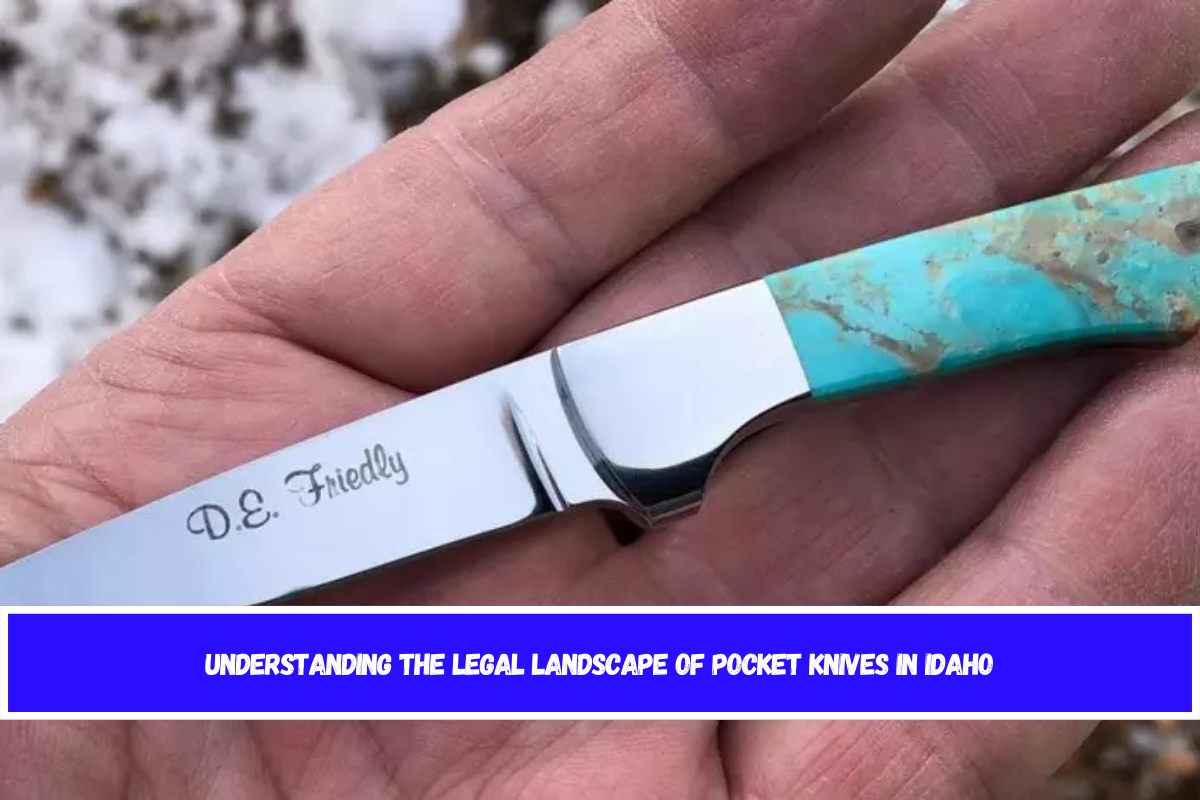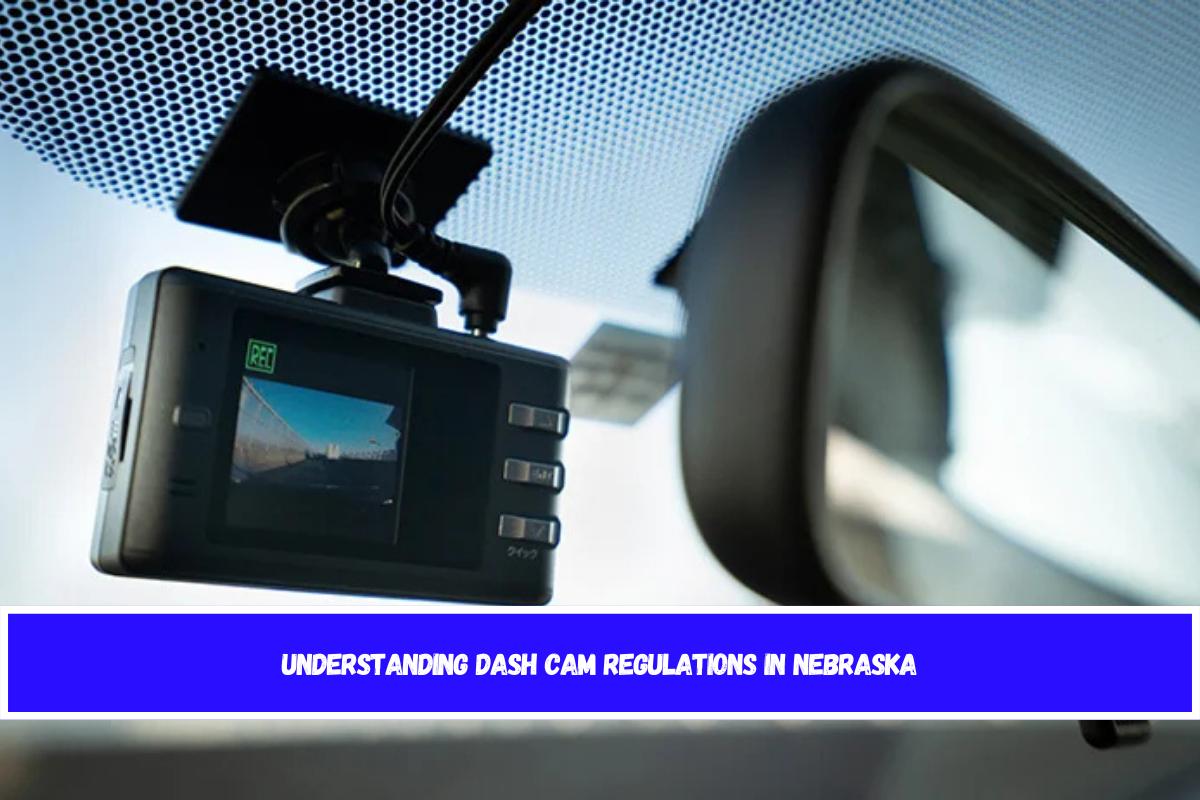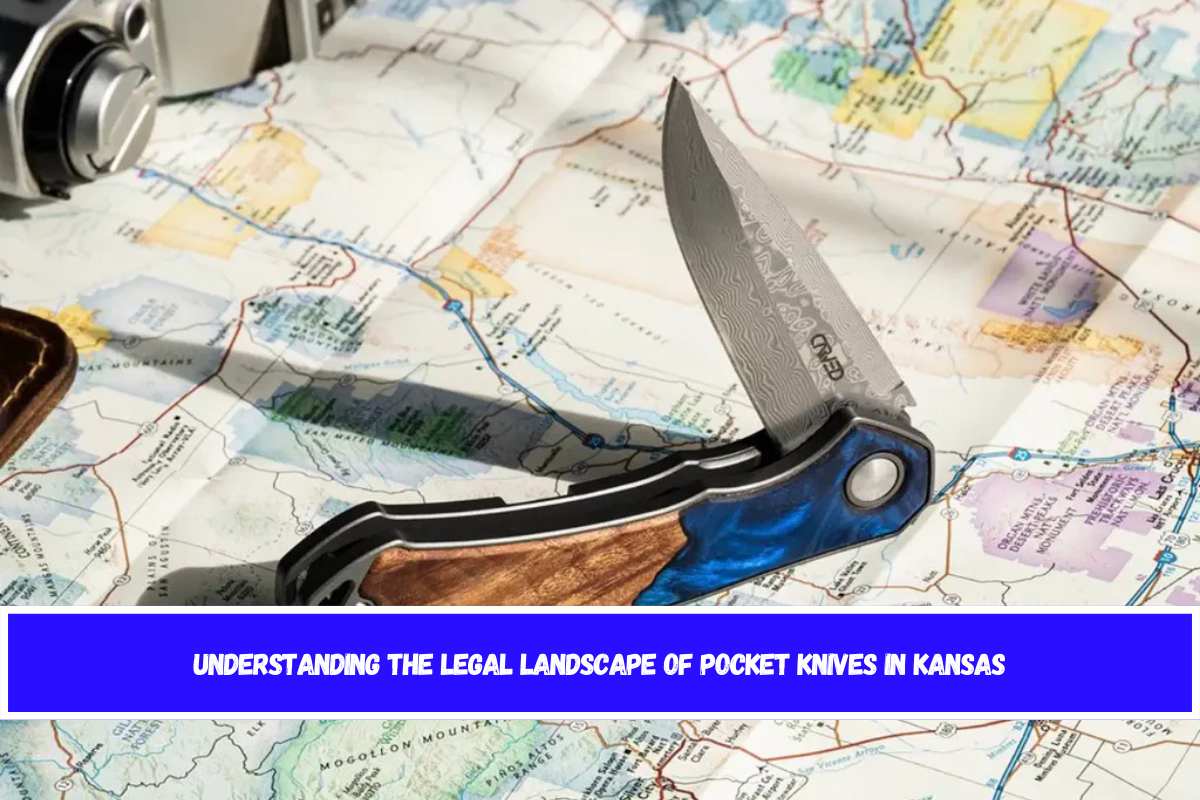No, Hawaii police generally cannot search your phone during a traffic stop without a warrant or your consent. There are limited exceptions, but your rights are strongly protected under both the U.S. and Hawaii Constitutions.
Legal Protections for Your Phone
- The Fourth Amendment to the U.S. Constitution and Article I, Section 7 of the Hawaii State Constitution protect you from unreasonable searches and seizures, including searches of your digital devices.
- The U.S. Supreme Court, in Riley v. California (2014), ruled that police need a search warrant to access the contents of your cell phone, even if it is seized during an arrest.
What Happens During a Hawaii Traffic Stop?
- You are required to provide your name, address, birth date, and, if driving, your license.
- You are not required to answer other questions or consent to a search of your phone or other property.
When Can Police Search Your Phone?
| Scenario | Can Police Search Your Phone? | Notes |
|---|---|---|
| Without a warrant or your consent | No | This would violate your constitutional rights. |
| With your consent | Yes | If you voluntarily allow it, no warrant is needed. |
| With a search warrant | Yes | Police must convince a judge there is probable cause. |
| Emergency/exigent circumstances | Rarely | Only if there’s an immediate threat to public safety. |
Key Points About Consent
- If you consent to a search, police do not need a warrant.
- You have the right to refuse consent for a phone search.
- If you refuse, police must obtain a warrant unless an emergency applies.
What If Police Search Without a Warrant or Consent?
- Any evidence found may be inadmissible in court, and your attorney can move to suppress it.
- Courts take unlawful phone searches seriously due to the vast amount of private data phones contain.
Summary
- During a traffic stop in Hawaii, police cannot search your phone without a warrant or your explicit consent.
- You are not obligated to unlock your phone or provide access.
- If asked, you can politely refuse and state that you do not consent to a search.
If you are ever unsure, calmly state:
“I do not consent to a search of my phone. I would like to speak to an attorney.”
This preserves your rights and ensures any search is conducted lawfully.
Sources:
- https://www.honolulupd.org/policy/policy-warrantless-searches-and-seizures/
- https://www.eauclairecriminaldefense.com/can-the-police-search-my-phone-without-a-warrant
- https://data.capitol.hawaii.gov/hrscurrent/Vol01_Ch0001-0042F/05-CONST/CONST_0001-0007.htm
- https://www.harrisonlawcenter.com/blog/2022/07/what-does-a-search-warrant-allow-police-to-search-for/
- https://www.harrisonlawcenter.com/blog/2024/06/what-information-must-i-give-if-im-pulled-over/
- https://www.govtech.com/public-safety/can-police-search-your-phone-during-a-traffic-stop















